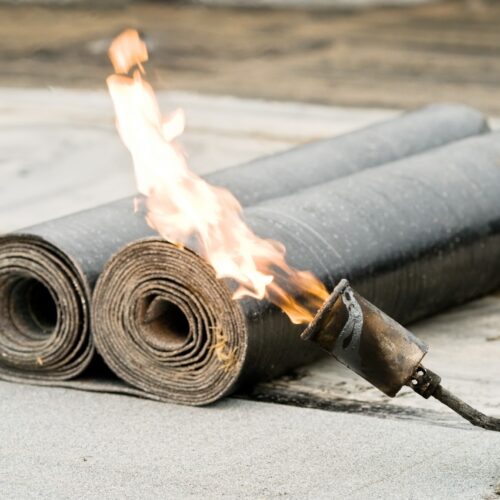Description
Our Next Cohort Is Starting in September 2024
Apprenticeship Agreement 2022-2024 (PDF) | Commitment Statement 2023-24 (PDF) | Contract of Services 2023-24 (PDF)
How it works
- To join our apprenticeship, apprentices must be employed as a PAYE employee. All students and employers are supported throughout the enrolment stage. Students are screened to identify their learning style and whether they require additional support. All students will sit a short English and Maths diagnostic. We deliver Functional Skills in English and Maths so employees can still apply if they haven’t achieved a C grade.
- The Apprentice then attends our Roofing College in Ipswich 1 day a week and works with their employer for the other 4 days on ‘on the job training’.
- Apprentice studies towards a Level 2 Apprenticeship Standard in Slate & Tile Roofing. Apprentice’s studies include theory and practical training.
- For further information on the new standard, please see:https://www.instituteforapprenticeships.org/apprenticeship-standards/roofer/
At the end of the apprenticeship, apprentices have a three-part assessment to pass their apprenticeship. A formal test with 45 questions, an observation on site and a professional discussion. This is known as the End Point Assessment
Who Should Attend?
This course is for employees who want to gain significant skills in roofing and have an employer who can release them for 1 day per week.
We are especially keen to have school leavers and those between 16-18. The course is open to any age group, but normally our ceiling is 24 years old.
Course Content
The apprenticeship will consist of:
- Carry out a range of job tasks including measuring, marking out, fitting, finishing, positioning and securing
- Install plain tiles, interlocking tiles, natural slates and fibre-cement slates
- Install underlay, battens and related roofing components
- Install pre-formed lead and/or proprietary flashings
- Install dry and wet fixed products to verges, hips, ridges and valleys
- Install insulation and ventilation products for warm and cold roof construction
- Install roof windows and flashing kits
On completion of this apprenticeship, slaters and tilers will know of:
- The principles of slating and tiling and how they are applied in routine tasks, such as setting out roofs, installing insulation, underlay and other background materials, installing main roof coverings, fixings, fittings and components, ventilation and dry fix systems, roof windows, mixing and applying mortar and installing pre-formed lead and/or proprietary flashings
- How to use key dimensions relating to batten gauges and minimum and maximum head lap
- How to strip and reclaim slates, tiles and fittings for re-use
- How to check areas to be covered, including correct installation of cavity trays, fascia board height, barge boards, hip and valley construction, penetrations, and masonry
- How to requisition slating and tiling materials, such as tiles, slates, underlay, battens, fixings and related materials, fittings and components
Full course overview here: https://www.instituteforapprenticeships.org/apprenticeship-standards/roofer/
Duration
This course covers 12-18 months depending on prior experience and candidates will attend day-release off-the-job training at the roofing college/ roof training centre once a week. The remainder of the time is spent with the employer on-site, gaining the experience necessary for the end-point assessment that is taken at the end of the apprentices’ learning.
At the end of the 12 – 18-month period, the apprentice passes a ‘gateway’ and then is independently assessed by an End Point Assessment Organisation (EPAO).
Funding
All funding for apprenticeships now goes through the Digital Apprenticeship Service. https://accounts.manage-apprenticeships.service.gov.uk/service/index?
If you are in Suffolk or Norfolk, we will help to arrange a levy transfer for you which will go through the DAS above. This is where a bigger company gives excess funding to a smaller company.
The government pays up to £11,000 per learner. There can be a co-investment of 5% from an employer depending on your apprentice and circumstances. It is possible to request direct funding from the government through the DAS.
View our policies page here




